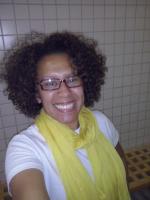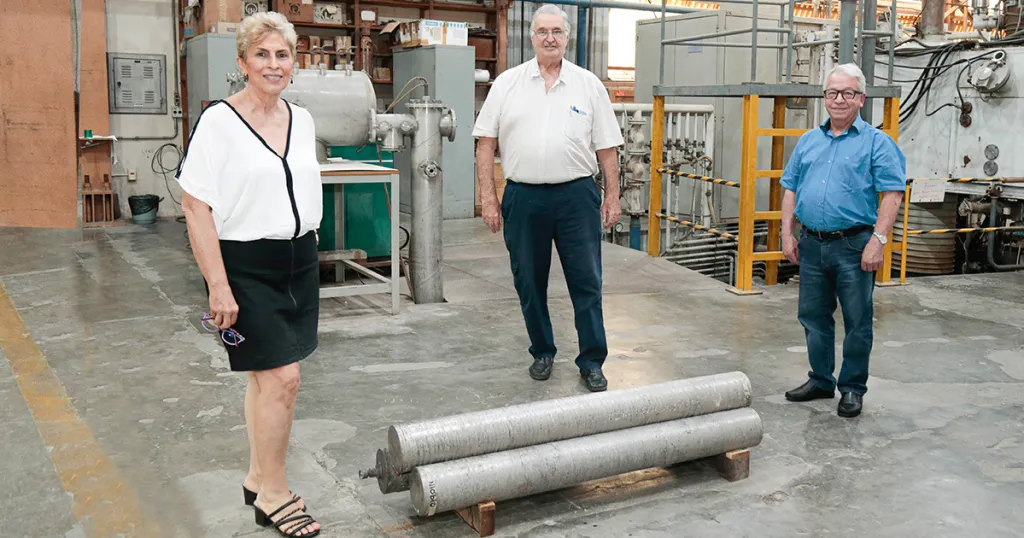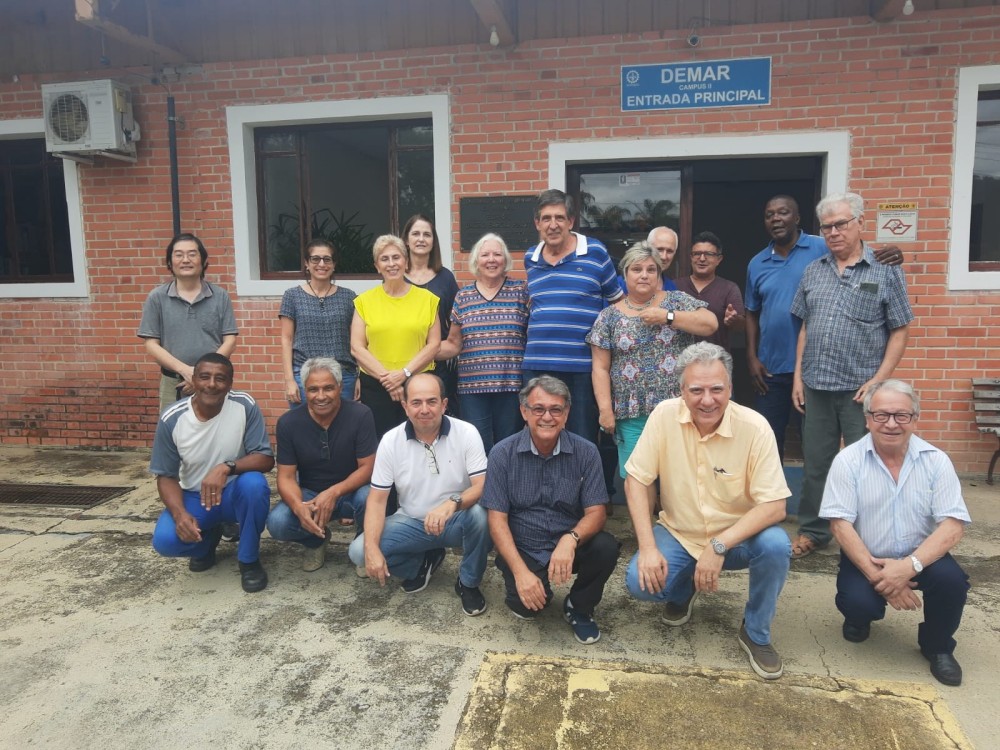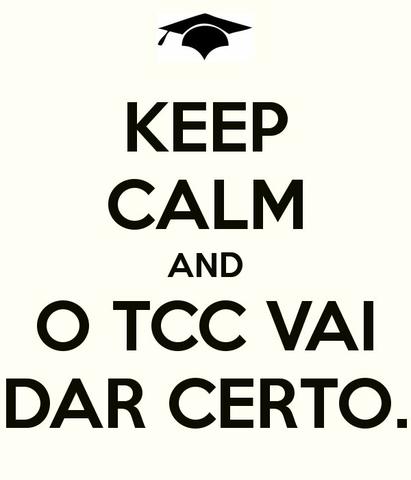Priscila Alves da Silva

Academic background
Has a degree in Degree in Physics from the Paulista State University “Júlio de Mesquita Filho”. Master’s degree in Physics in the area of Planetary Systems Dynamics. The main study was to analyze the behavior of planetary rings performed in the same training institution. He has been teaching at the School of Engineering of Lorena (EEL-USP) since 2003 teaching the disciplines of: Calculus 2, Linear Algebra, Physics 1, 2, 3 and 4, Experimental Physics 3 and 4 and Fluid Mechanics and Rheology, Transport Phenomenon , for the courses of Physical Engineering, Materials Engineering, Biochemical Engineering, Chemical Engineering and Production Engineering. He teaches at the Technical College of Lorena (COTEL-USP) in 2003, being the first technical college of the University of São Paulo, teaching physics subjects for the first, second and third year of high school. She has been an effective teacher of basic education II of the public network of the state of São Paulo since the year of 2008. In the period from 2013 to 2015 I worked as tutor and educator in the first degree course in Sciences in the semi-presential modality of the University of São Paulo. responsibility the disciplines of Dynamics of the Movement of Bodies, Meteorology, Apparent Sky, Solar System and Exoplanets; Stars, Galaxies and Cosmology and Electromagnetism. It created and coordinated between 2011 and 2015 the university extension project entitled “Olympiad of Science of Lorraine of Public Schools - OCLEP”, whose purpose is motivates the students of the public elementary school to like science and to participate in scientific olympiads . Has experience in Astronomy, in the area of planetary systems dynamics, computational modeling, experimental science activities and virtual learning environments. Currently works on modeling molecular systems using Gromacs, applied to the formation of astrochemical ice composed of water, ammonia, carbon dioxide and methane.
Classes taught in the department
Research topics
- Elaboration of science practices aimed at students of basic education
- Modeling of molecular systems applied to astrochemistry













